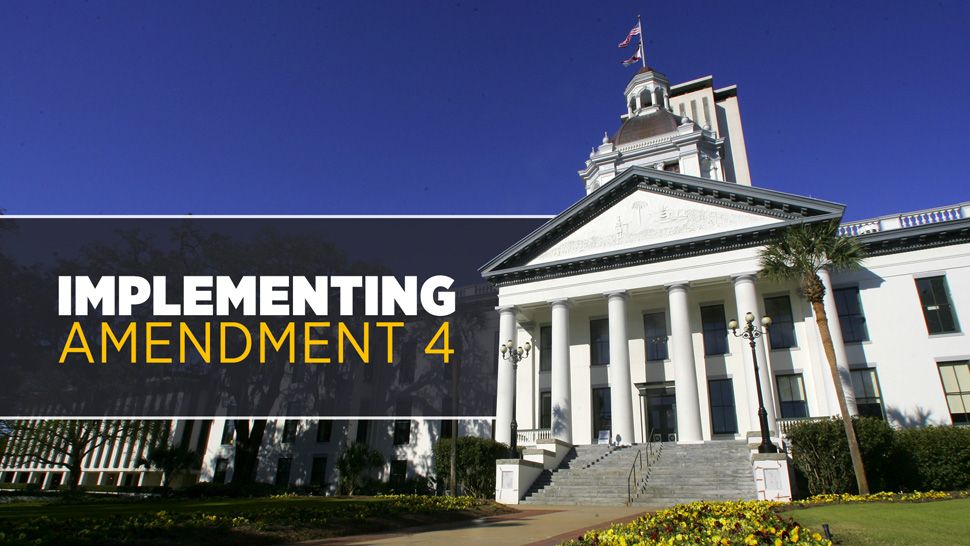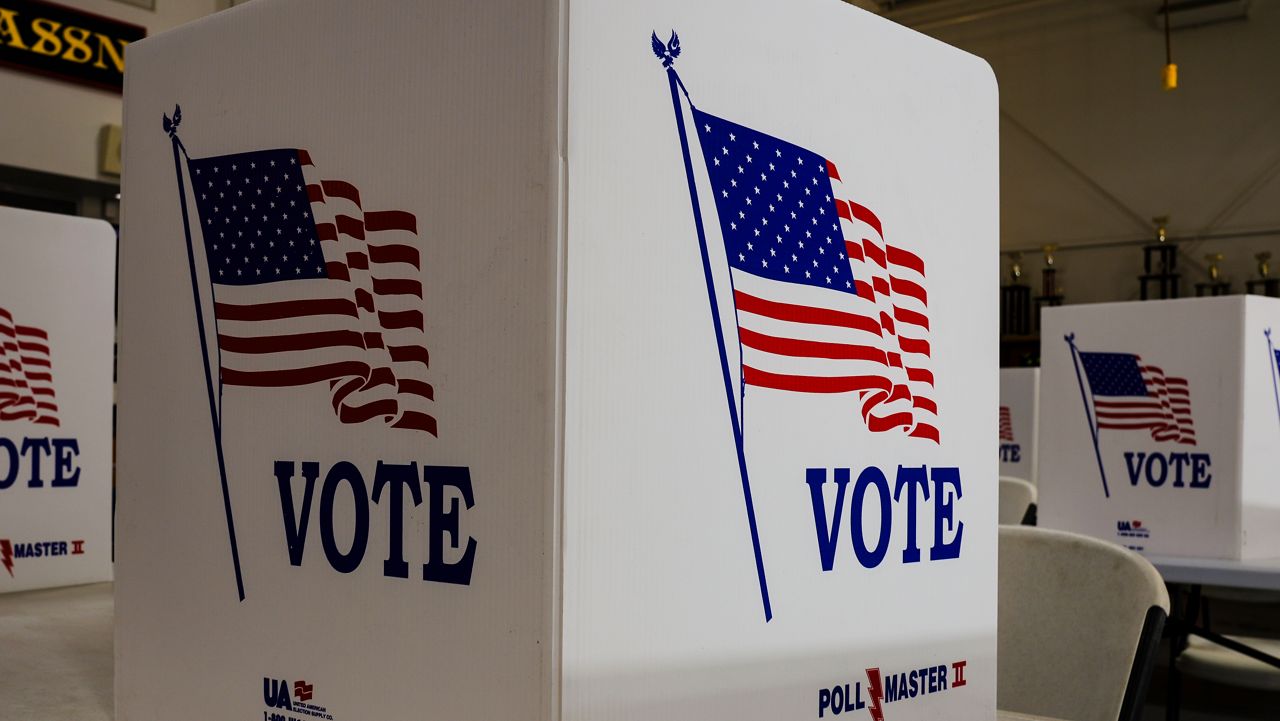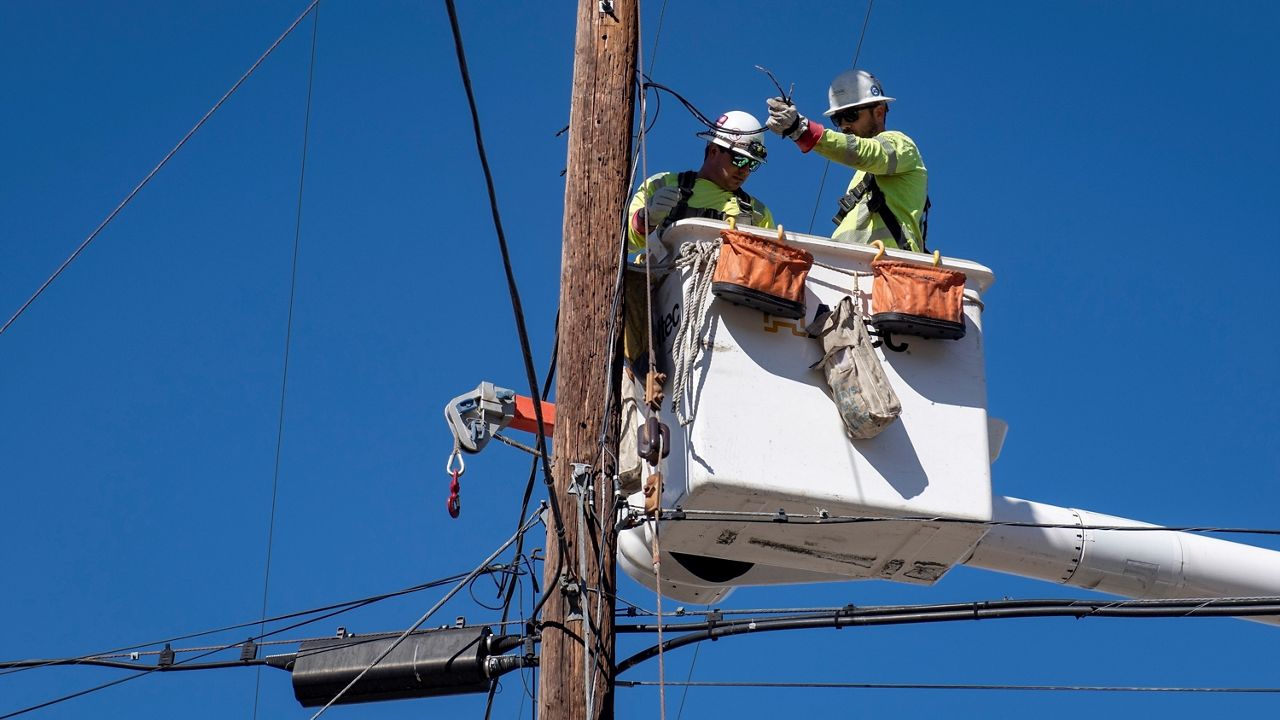ST. PETERSBURG, Fla. — Governor-elect Ron DeSantis said the state has to delay the implementation of constitutional Amendment 4.
- Voters approved Amendment 4 in November election
- DeSantis said clarity needed on executing amendment
- LOOK BACK:
Voters overwhelmingly passed it last month with a 64.6 percent margin.
It deals with the restoration of felon voting rights. This was the text that was on the ballot:
"This amendment restores the voting rights of Floridians with felony convictions after they complete all terms of their sentence including parole or probation. The amendment would not apply to those convicted of murder or sexual offenses, who would continue to be permanently barred from voting unless the Governor and Cabinet vote to restore their voting rights on a case by case basis."
DeSantis said he needs clarity on executing the amendment.
"There needs to be implementing language," he told the Palm Beach Post. "I don't see any way around that."
He wants to wait until the legislative session in March for that to happen. It would delay the law by at least 60 days.
Article XI, Section 5 says that an amendment to or revision of the Constitution of Florida "shall be effective ... on the first Tuesday after the first Monday in January following the election."
There is bipartisan agreement on a possible delay.
Florida Sen. President Bill Galvano, a Republican, said he sides with implementing the law right away.
"By a lot of accounts, there's no action even required for its implementation," Galvano explained.
But State Sen. Janet Cruz, a Democrat, explained how getting any bill through the legislature is easier said than done.
"It has to pass both the House and the Senate before the governor signs the bills," Cruz said. "So if it dies in one committee, it's dead for the whole entire session."
And any delay could conflict with the first big election next year which is for the Mayor of Tampa.
It's a part of Cruz’s district.








